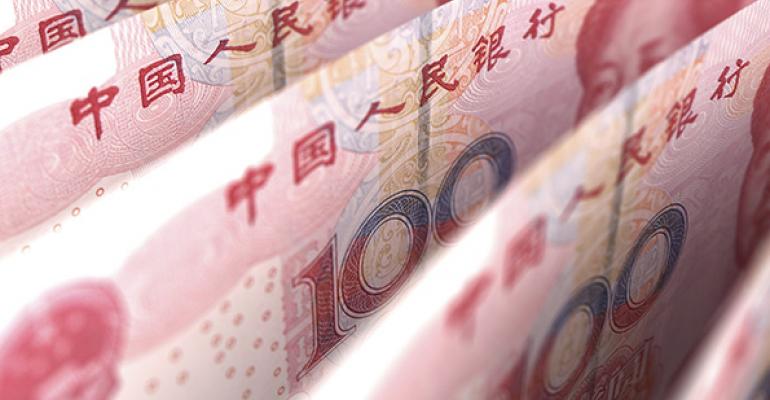
Along with its stock market, the number of millionaires in China has skyrocketed, up 82 percent from 2012 to total 2.4 million, and another 50 percent to 3.6 million in 2014. In contrast, the number of millionaires in the U.S. only increased 18 percent from 2012 to 2013, and only 5 percent in 2014, according to Boston Consulting Group’s recent Global Wealth Report. So it’s little surprise that there is also a fast-growing financial services market: Over 4,000 new hedge funds have launched in China in just the past three months. Of course, in China, hedge funds look a little different; they are not often sold to institutions, but to retail investors through banks and brokerages, often with lower minimum investments and lock-ups of a year or so.
Rising Rates Means Stocks Will Fall - Just Not Right Away

Over long stretches of time, interest rates tend to be negatively correlated to stock prices - when rates rise, the theory goes, stocks fall. But rising rates are not an immediate threat to the stock market, argues Brad McMillan, chief investment officer at Commonwealth Financial Network. History tells that us that, at least at first, rates and equities rise in tandem, as the rate increase is usually a sign of a strengthening economy. “On average, it takes two to three years for the economy to start to overheat and for rates to get high enough to start to choke off growth—which is when stocks decline.”

When Christina McDowell was 18 years old, she learned not only that her father, Tom Prousalis, was going to prison for his involvement with "The Wolf of Wall Street" Jordan Beltfort, but that he also stole her identity and left her $100,000 in debt. McDowell, now 29 and an actress, wrote a memoir about that time in her life, called After Perfect. "I’ve been told that I exhibit signs of someone who was raised during the Great Depression," she tells Parade magazine. "I am in constant fear of losing what I have, though I don’t have much. Yet with what I do have I am afraid, sometimes, of spending. But that only leads to living in self-deprivation, which isn’t healthy either. I suppose it’s ironic that I am encouraged to go out and spend more money. I’m working on that, but I think given my history, I’ll always be a little frugal."

A 12-year NBA veteran has authored a new book detailing some of the more emphatic stories of squandered fortunes that have taken place in the sports world. Adonal Foyle, who made $63 million over the course of his career in Golden State, Memphis and Orlando, showcases the fiscal failures of Mike Tyson, Evander Holyfield, Allen Iverson, Curt Schilling, Vince Young and Warren Sapp. The book, titled "Winning the Money Game: Lessons Learned From the Financial Fouls of Pro Athletes," offers only the most dramatic "fall from grace" stories, such as messy divorce settlements, excessive gambling and gratuitous spending.




